by Richard van Pelt, WWI Correspondent
We have all too much experience with reason employed to achieve an end unrelated to truth, evidence, or fact (think “Weapons of Mass Destruction”). In the coming days and weeks we will read of evidence compiled, cherry-picked, or ignored in order to justify a policy objective. Truth is the first victim when emotion drives reason.
1198 souls died. They died because the ship was torpedoed by a German submarine.
Readers were presented with a series of options:
- Was the attack justified?
- If the attack was justified, how should the United States respond?
- If the attack was not justified, how should the United States respond?
Underlying these questions was the larger issue of how this country would respond in the future. What ought to be the policy of the United States as a neutral in a world at war? Speaking before a meeting of foreign born citizens in Philadelphia, President Wilson, as the Capital Journal headline noted, “speaks for peace:”
Philadelphia, May 11. – President Wilson gave to a gathering of four thousand naturalized Americans last night the first intimation of what course the United States government will pursue in the situation resulting from the loss of more than a hundred American lives on the British liner Lusitania.
He spoke by implication but his hearers interpreted his remarks as meaning that while the United States will remain at peace it would seek to convince Germany of the injustice to mankind of the tragedy of last Friday.
“America,” said the president, “must have the consciousness that on all sides it touches elbows and touches heart with all nations of mankind. The example of America must be a special example and must be an example not merely of peace because it will not fight, but because peaks a sealing and elevating influence in the world and strife is not.
“There is such a thing as a man being too proud to fight. There is such a thing as a nation being so right that it does not need to convince others by force that it is right.”
The United States was nation of immigrants, which surely resonated with readers. Appealing to these new citizens, the President set out a vision of loyalty to America that transcended feeling for the homelands from which they emigrated:
“While you bring,” he said, “all countries with you, you come with a purpose of leaving all other countries behind. You bring what is best of their spirit but not looking over your shoulder or seeking to perpetuate what you leave in them. I would not certainly be one who would suggest that a man cease to love the place of his origin. It is one thing to love the place where you were born, and another thing to dedicate yourself to the place where you go. You can’t be an American if you think of yourself in groups. America does not consist of groups. A man who considers himself as belonging to a national group is not yet an American.
“My urgent advice to you would be not only always to think first of America, but always, also, to think first of humanity. You do not love humanity if you seek to divide humanity into jealous camps. Humanity can be welded together only by love, by sympathy, by justice, not by jealousy and hatred. I am sorry for the man who seeks to make personal capital out of the passions of his fellow men. He has lost the touch and ideal of America, for America was created to unite mankind by those passions which lift and not by the passions which separate and debase.”
Merchandizing was quick to pick up on the metaphors of war:
As it was before our entry into World War II, the United States served as an economic arsenal for Britain and France during The Great War. The United States manufactured, sold, and profited from commerce with Britain and France. Wall Street helped finance the British and French war efforts by providing much needed credit. The war could not have continued without loans Wall Street extended to the Entente powers.
In the northwest our agriculture boomed. An earlier post addressed the sale of horses and mules, destined for the Western Front. The sale of these horses prompted the following poem, published by the Oregon Statesman:
FOR THE SLAUGHTER
They are seeking our beautiful horses,
The choicest and best of the band;
They are taking them over the ocean
To a battle-crazed, war-ruined land.
They will charge with them fiercely into battle,
They will force them their cannons to draw,
And the pride of our farms will be murdered
Like men, in the horrible war.
No voice have these spirited creatures
Their rights and their wishes to plead;
Like men they must silently suffer
When kings fight for vengeance and greed.
Oh, where is the power that can help them –
Can turn back this horror the least,
And save from such terrible slaughter,
The man, and his brother, the beast?
From the Portland Lantern
The poem is by Sarah E. Howard



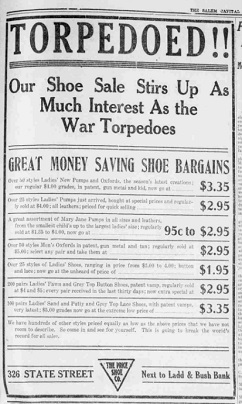
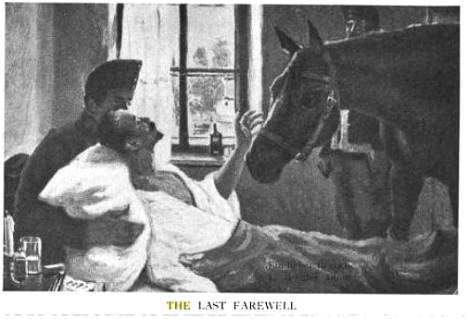
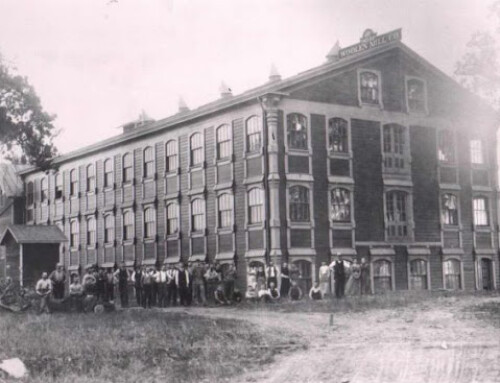
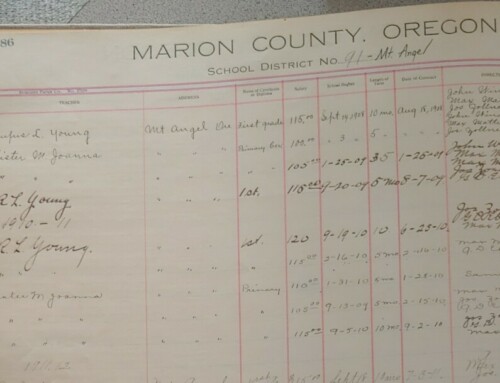
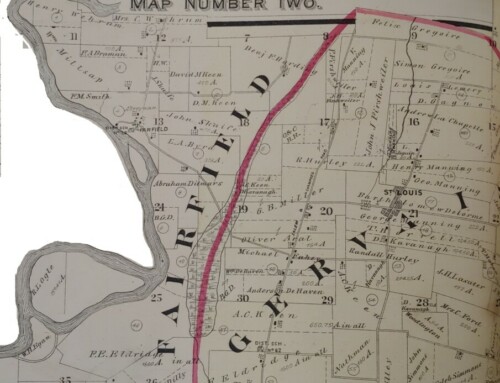
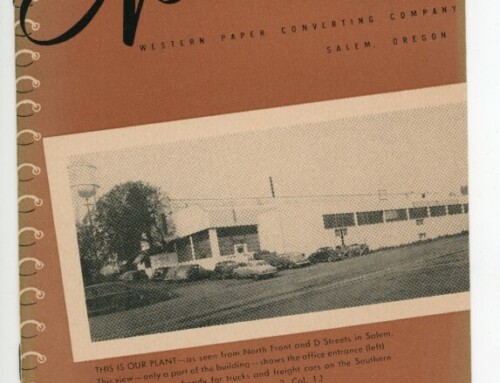
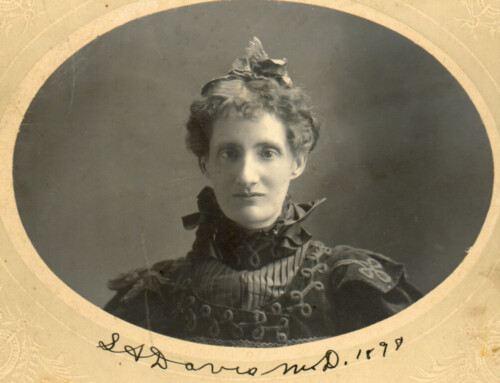
Leave A Comment